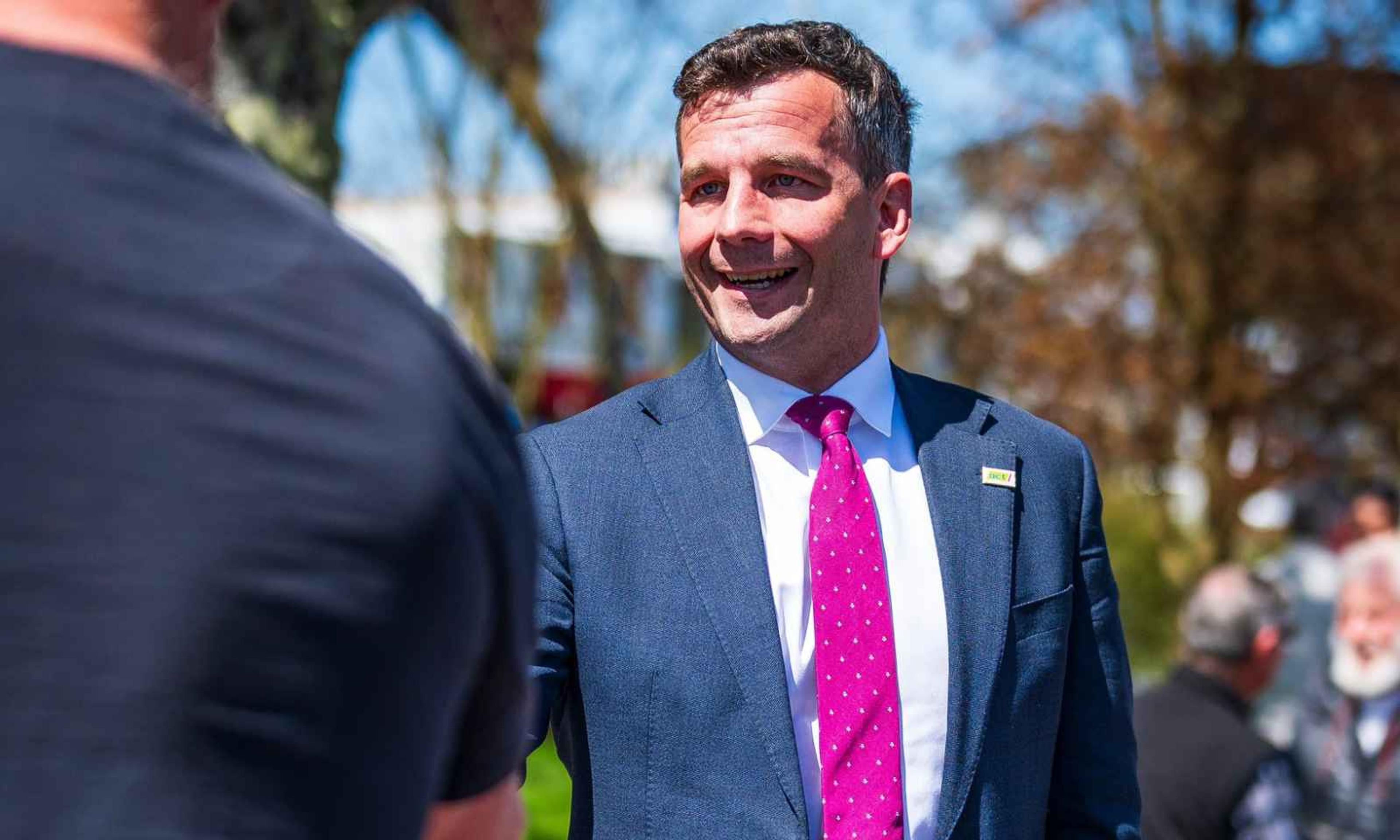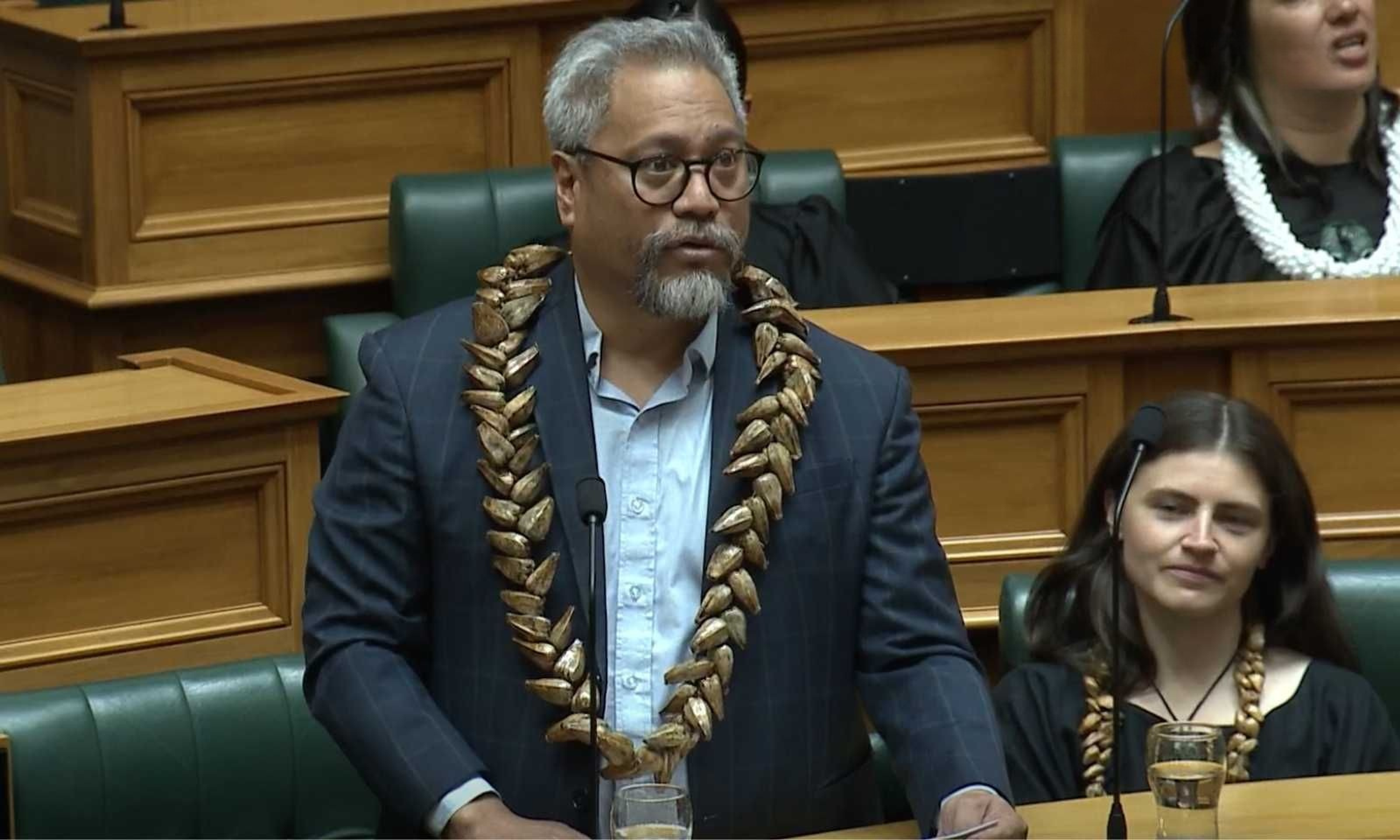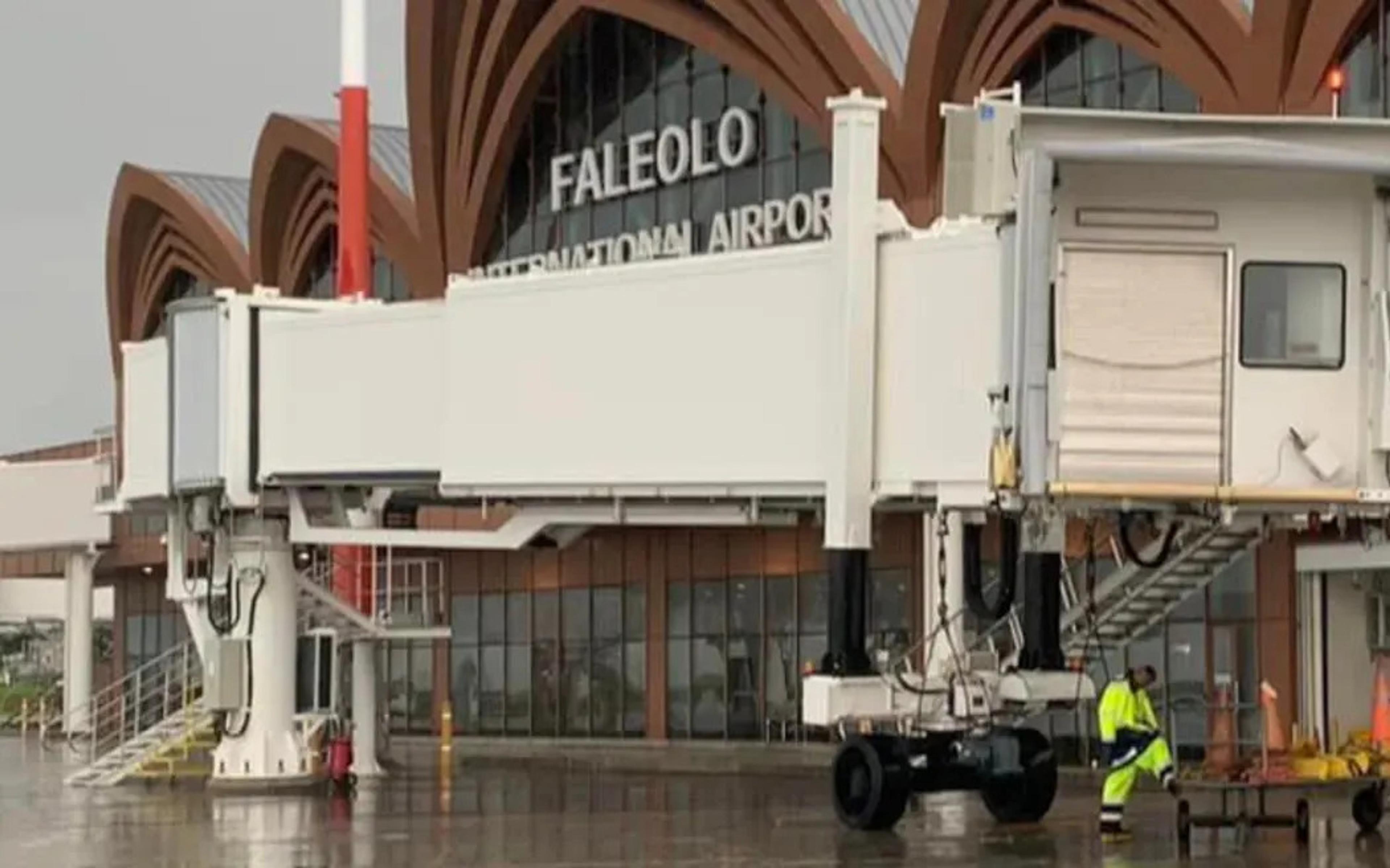

CCS Disability Action hosted its first Pasifika disability fono in Ōtara, Auckland.
Photo/Facebook/CCS Disability Action
Pacific families to gather and shape national disability strategy in Hamliton
The CCS Disability Action’s consultation series continues this month, with Pasifika whānau and disabled people sharing experiences and defining the values that will guide future support.



Green MP says the proposed immigration changes risks reigniting Dawn Raids trauma


'I don't want to travel anymore': Sāmoa government urged to reconsider fee hike


Pacific child poverty rises as Deputy PM points to economic growth as solution

Green MP says the proposed immigration changes risks reigniting Dawn Raids trauma


'I don't want to travel anymore': Sāmoa government urged to reconsider fee hike
Pacific families and disabled people will gather in Hamilton this month to help shape a national strategy to improve disability support and services across Aotearoa New Zealand.
The CCS Disability Action (CCSDA) will host the gathering as part of a three-city series designed to ensure that Pasifika disabled people, their families, and cultural leaders can directly influence how one of Aotearoa’s largest disability organisations supports the community.
The Hamilton event will take place on 26 November at the Congregational Christian Church of Sāmoa in Frankton, Hamilton. Registration is required, and accessibility support will be available. The fono follows the inaugural event held in Auckland last month, with a Wellington fono scheduled for March 2026.
According to the 2023 Household Disability Survey, 17 per cent of people living in New Zealand households are disabled, representing around 851,000 people. For Pacific communities, the survey highlights a disability rate of 16 per cent, rising to 21 per cent after adjusting for age.
Speaking with William Terite on Pacific Mornings, Tilomai Solia, the Service Manager at CCSDA, says the fono is vital in ensuring that Pasifika perspectives guide future support. She says the Auckland gathering highlighted three key needs.
“First up, Pasifika families want services that truly reflect our values, things like ‘ofa, alofa, or love, and vā or relationships. Second, the barriers are real and practical: transport, housing, and clear information in our languages,” Solia says.
Listen to Tilomai Solia’s full interview below.
“Third, the strength of our Pasifika community is undeniable. Churches and cultural groups are trusted spaces, and people want those spaces to play a bigger role in disability support. It was a powerful reminder that solutions must be culturally grounded and community driven.”
The fono series also aims to embed Pasifika values directly into CCSDA’s emerging National Pasifika Strategy. Solia says the Pasifika working group has drafted four core values based on the team’s lived experiences: love, service, equity, and health and well-being.
She also says participants from Auckland wanted to include “God and faith”. She says these concerns will again take centre stage in Hamilton, where families will help refine priorities around communication, interpreters, and community-led solutions.
“One big gap is information,” Solia says. “Families simply don't know what supports exist or how to access them. Housing and transport remain top priorities, and we need to create real employment pathways for Pasifika peoples with disabilities.
“Once all the fono’s have been completed, there'll be a strong focus on how to scale up community-led solutions, especially through churches and local networks.”
The stories shared in Auckland also reinforced the urgency of this work. Solia recalls a grandparent, caring for a disabled grandchild alone, who, when funding ended, said that they simply pray now.
“Another story that stayed with me was from a mother who had been the primary caregiver for her 32-year-old disabled son. She spoke about providing his personal care day in and day out, but what broke my heart was her voice crack.”
“She shared how her other children sometimes felt neglected and unloved. Through her tears, she said, ‘they don't understand. He's sick, so he needs me more’. It was such a raw and honest moment that showed immense love and sacrifice, but also a heavy emotional toll families carry.
“Another one was a family waiting years for accessible housing and forced to accept something unsuitable because they had no choice. Then you get the quiet stories, people saying, ‘I'm fine’, while struggling because pride or fear stops them from asking for help.”
The Hamilton fono will run from 9am to 3pm with a formal start at 9.45am. Registration is essential so organisers can accommodate access needs, including whether attendees require interpreters, sign language support, or specific assistance.
Families are welcome to bring children, and CCS Disability Action staff will be available onsite to provide care, allowing parents to fully participate in discussions and breakout sessions. For more information, click here.